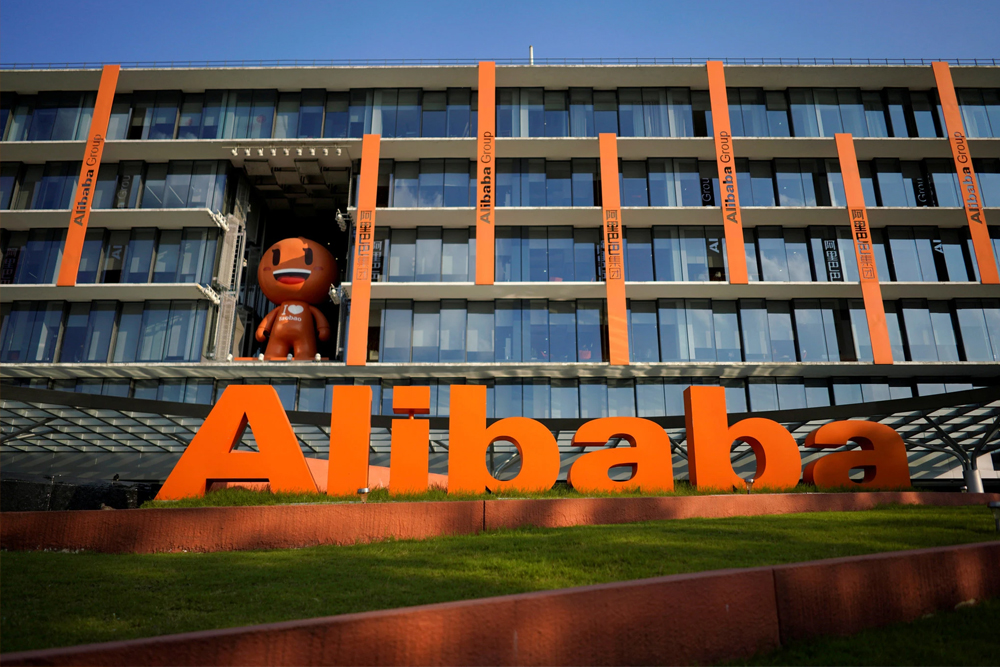Hangzhou-based internet giant Alibaba posted better-than-expected revenue of RMB 221.1 billion (USD 33.9 billion) in its December quarter, compared to a market consensus of RMB 214.2 billion (USD 33.1 billion), the company announced on Tuesday.
Despite the strong revenue growth of 37% year-on-year (YoY), Alibaba executives did not offer much to assuage investors’ anxiety after the firm became a target of an antitrust investigation from China’s State Administration for Market Regulation (SAMR).
The company explained that it had established a special task force with leaders from relevant business units to conduct internal reviews, and is actively communicating and complying with SAMR during the investigation process.
Allegations of monopolistic behavior have been directed at the company’s use of exploitative agreements with merchants. Alibaba would leverage its massive user base, which included 902 million mobile monthly active users (MAU) as of December 2020, to pressure sellers into exclusively listing products on Alibaba platforms by threatening a higher commission rate if the merchant used competitors’ sales channels.
On the earnings call with investors, Alibaba’s CEO Daniel Zhang said that the company does have exclusive agreements with “a very small number” of merchants, adding that “even in those cases, they have many channels to sell their goods”.
Zhang also acknowledged the regulatory hurdles facing Alibaba’s financial spin-off Ant Group after the firm’s IPO was halted by government officials in November 2020.
“Ant Group’s business prospects and IPO plans are subject to substantial uncertainties,” he said. “We will further update the market when the investigation is concluded.”
The e-commerce titan has also ramped up its competitiveness in China’s lower-tier cities and rural areas as its new value-for-money platform Taobao Deals gains traction. The number of mobile monthly active users (MAU) on Taobao Deals surpassed in December 2020.
Alibaba’s dominance in Chinese e-commerce has been challenged outside of major cities since Pinduoduo’s affordable group-buying model captured the less affluent and more price-sensitive users of China’s countryside.
Meanwhile, its cloud computing business, which has seen a huge boom in demand off the back of a wave of digitization due to COVID-19, reached profitability for the first time in the December quarter.
Revenue from Alibaba Cloud reached RMB 16.1 billion (USD 2.47 billion), an increase of 50% YoY, while the unit processed a peak of 583,000 orders per second during last year’s Singles’ Day shopping festival.
The firm’s share price in the US fell by 3.81% to USD 254.50 in Tuesday trading following the earnings release.
